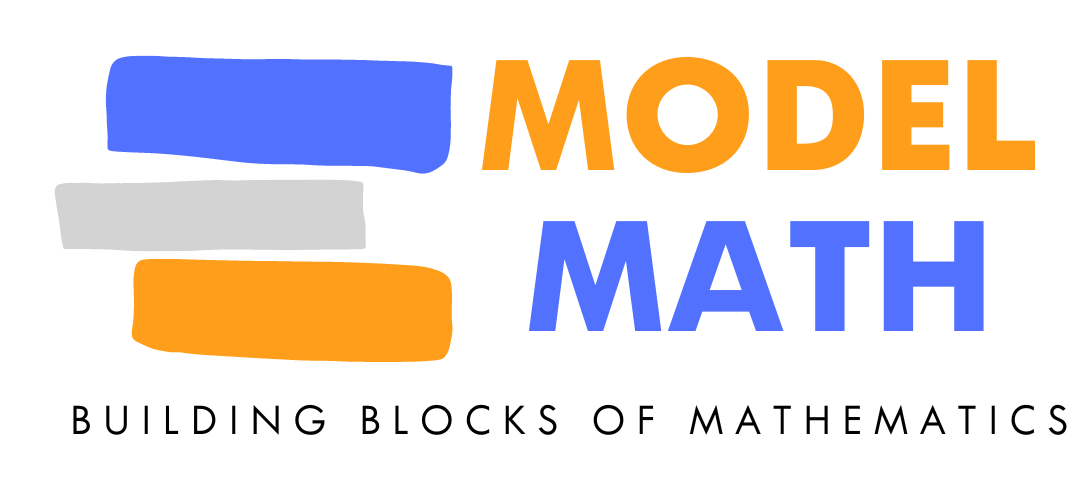How should you introduce maths concepts to your preschooler? The preschool age is an age where learning should be fun and based on experience rather than theory. There is no rush to get your child to understand maths or memorise equations that are too complicated for their age.
Patience is key to introduce maths concepts to your to preschooler
Parents often get impatient and frustrated teaching maths to their preschoolers and often forget that the concepts they know well are just being introduced to their young ones. These have to be introduced in stages and the knowledge built upon over time.
For example, 1+1 =2 seems really simple to us as adults but keep in mind that when first starting, does your child understand the concept of the number 1 and what it means? And what does the + sign mean to them? Do they understand the concept of addition yet?
Children learn much better through stories and games where they can apply the new learning to their existing experiences.
Here are 6 tips to help get your child ready for preschool maths simply by exposing them to everyday experiences.
- Play with shapes
When you see shapes in everyday life, point them out to your child and discuss the number of sides, angles and colours. Try to make the learning active, for example asking them to “jump into the blue circle”. - Learn to count and sort
Gather together your child’s toys and ask them to sort in terms of colours, or sizes or type. For example, you could get them to sort the different colour lego bricks, or separate the two-section bricks from the four-section and six-section bricks. - Relating size
Point out different sizes of objects and get your child to compare to identify the smallest, the biggest, etc. Then move on to asking questions such as Can your teddy bear fit inside the dolls house? Can your bag fit under the chair? - Develop a sense of time
Use a stopwatch to time activities you do with your child so that they get a sense of time passing and can attribute a number of minutes to the different lengths of activities. This will help your child to understand that some activities take longer than others and that time can be measured. - Play with patterns
Let your child play with toys and objects that have different textures so your child can get used to this. This can be pointing out a range of different materials like plastic, wood, paper, and even food items like cereal and dry macaroni. Let them experiment with how different textures come out differently when painted and pressed on paper. Do supervise your child working with small objects as these can be choking hazards. - Laundry sorting
Make doing the laundry fun. Involve your child. Ask your child to make a pile each of the different type of clothes or ask them to sort them by colour. Ask them to point out the biggest pile.
At this age, your child is learning about the world around them, and that world is all about maths. Be as observational as you can and get your child to experience the world around them while playing with these early maths concepts. It’s not time for the workbooks just yet!
For more on the same topic, try this article as well.




